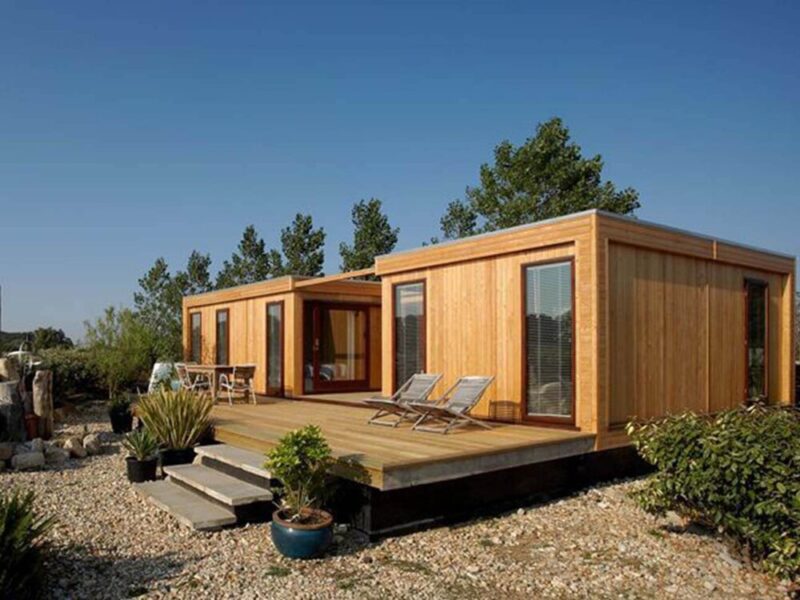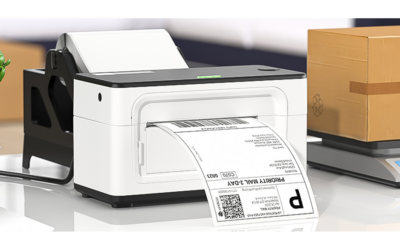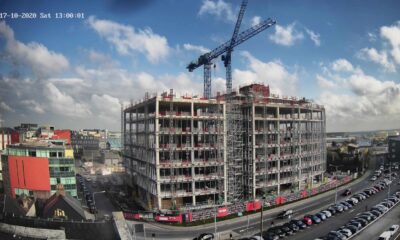Are Modular Homes the Future of Housing? What Do Experts Think?
The housing crisis has spurred the search for innovative solutions, and modular homes present a promising alternative.
By understanding expert opinions and analyzing the future potential of modular housing, we can better appreciate its role in addressing housing shortages.
Advantages of Modular Homes
First, let us address the advantages of this concept.
Speed of Construction
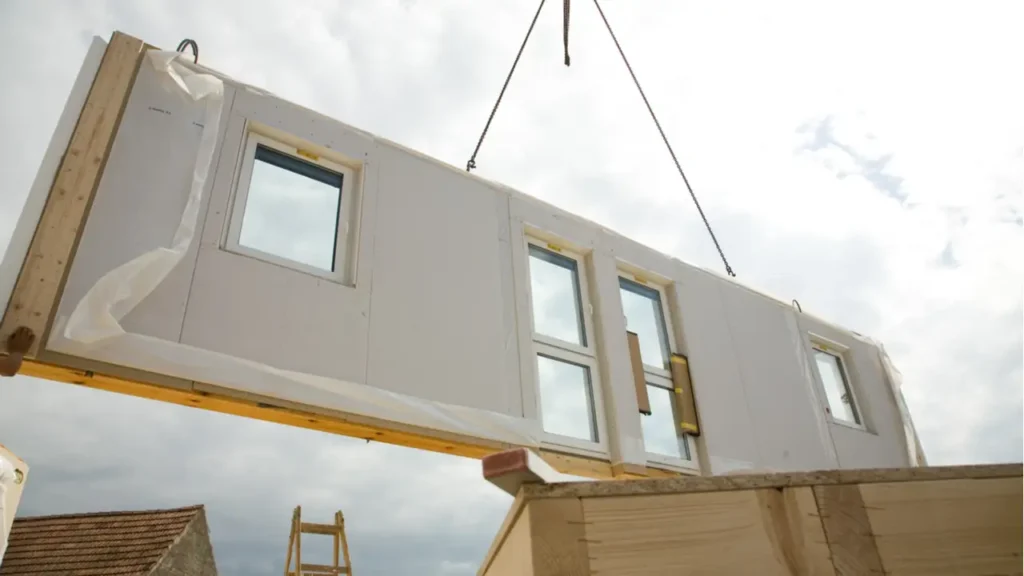
Source: bankrate.com
One of the primary advantages of modular homes is their rapid construction timeline. Unlike traditional building methods, which can take months or even years, they can be completed in a fraction of the time.
This accelerated process is due to the controlled factory environment where modules are constructed simultaneously with site preparation.
The result is a streamlined building process that reduces delays and expedites occupancy, making modular homes an attractive option for addressing urgent housing needs.
Sustainability and Environmental Impact
Modular homes also stand out for their sustainability and reduced environmental impact. The factory-based construction process minimizes waste through precise material usage and recycling practices.
They are often designed with energy efficiency in mind, incorporating advanced insulation, energy-efficient windows, and sustainable materials.
Studies have shown that modular homes tend to have lower embodied carbon emissions compared to traditional homes, contributing to a smaller overall carbon footprint and promoting a greener construction industry.
Cost Efficiency

Cost efficiency is another significant benefit. The controlled manufacturing environment allows for bulk purchasing of materials and reduces labor costs through automation and standardized processes.
This efficiency can lead to substantial savings, making modular homes a cost-effective alternative to traditional construction.
Furthermore, the predictability of the factory setting reduces the likelihood of unexpected expenses and budget overruns, offering financial stability to modular housing builder and buyer.
Challenges Facing the Modular Housing Sector
And now let us talk about the challenges.
Economic and Market Factors
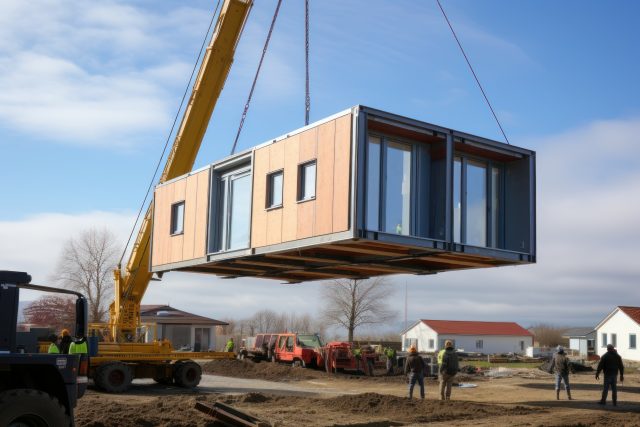
Source: pat.org.uk
Despite their advantages, modular homes face several economic and market challenges. Setting up a factory for this kind of construction requires a substantial initial investment, which can be a barrier for many companies.
Scaling up production to meet market demands can be financially demanding. These economic factors can hinder the growth and widespread adoption of modular housing, making it essential to find sustainable business models and investment strategies.
Perception and Acceptance
Modular homes have long battled a stigma associated with prefabricated housing, often perceived as lower quality compared to traditional homes.
This perception has been slowly changing, but resistance remains within the construction industry and among consumers. Overcoming these biases is crucial for the acceptance and success of modular housing.
Education and awareness campaigns highlighting the quality, durability, and benefits of modern modular homes can help shift public perception and increase acceptance.
Regulatory and Logistical Hurdles
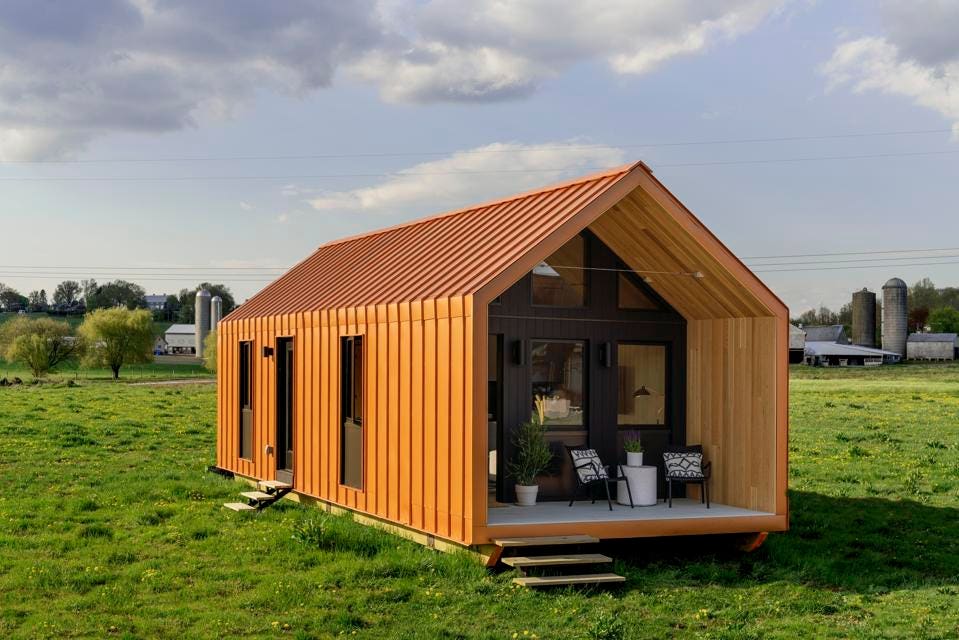
Source: forbes.com
The modular housing sector also faces regulatory and logistical challenges.
Different regions have varying building codes and regulations, making it difficult to standardize modular construction practices. Navigating these regulations can be complex and time-consuming, potentially delaying projects.
Logistical issues such as the transportation of large modules and site assembly require careful planning and coordination. Addressing these hurdles through policy adjustments and improved infrastructure is essential for the sector’s growth.
The Bottom Line
Modular homes offer numerous benefits, including rapid construction, sustainability, and cost efficiency, but also face significant challenges.
Continued innovation and investment are crucial for overcoming these obstacles.
Stakeholders must support modular housing initiatives to realize their potential in addressing the housing crisis.

